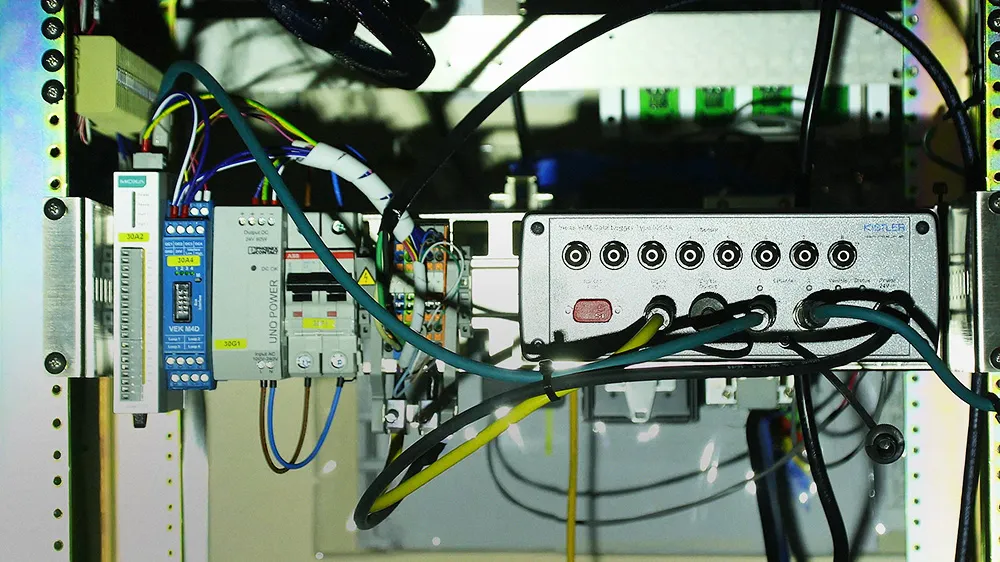Rail technology specialist Bombardier Transportation has been awarded an eight-year contract by Montréal's Agence Métropolitaine de Transport (AMT) for the operations and maintenance of the AMT commuter rail fleet on all of its six lines in the greater Montréal area. The contract is valued at approximately US$246 million (CAD$331 million) and includes a two-year option.
Bombardier has been providing maintenance services for AMT since 2010. This new contract not only covers the maintenance of AMT's entire
November 23, 2016
Read time: 2 mins
Rail technology specialist 513 Bombardier Transportation has been awarded an eight-year contract by Montréal's Agence Métropolitaine de Transport (AMT) for the operations and maintenance of the AMT commuter rail fleet on all of its six lines in the greater Montréal area. The contract is valued at approximately US$246 million (CAD$331 million) and includes a two-year option.
Bombardier has been providing maintenance services for AMT since 2010. This new contract not only covers the maintenance of AMT's entire fleet of 264 coaches and 41 locomotives, but also extends to the operations of AMT's commuter rail services.
AMT is the second largest commuter train transit system in Canada and the sixth largest region in terms of traffic in North America, carrying more than 190,000 passengers annually on its commuter rail service. AMT is also the organisation responsible for planning, integrating and coordinating mass transit services in the Greater Montreal area.
Bombardier has been providing maintenance services for AMT since 2010. This new contract not only covers the maintenance of AMT's entire fleet of 264 coaches and 41 locomotives, but also extends to the operations of AMT's commuter rail services.
AMT is the second largest commuter train transit system in Canada and the sixth largest region in terms of traffic in North America, carrying more than 190,000 passengers annually on its commuter rail service. AMT is also the organisation responsible for planning, integrating and coordinating mass transit services in the Greater Montreal area.









